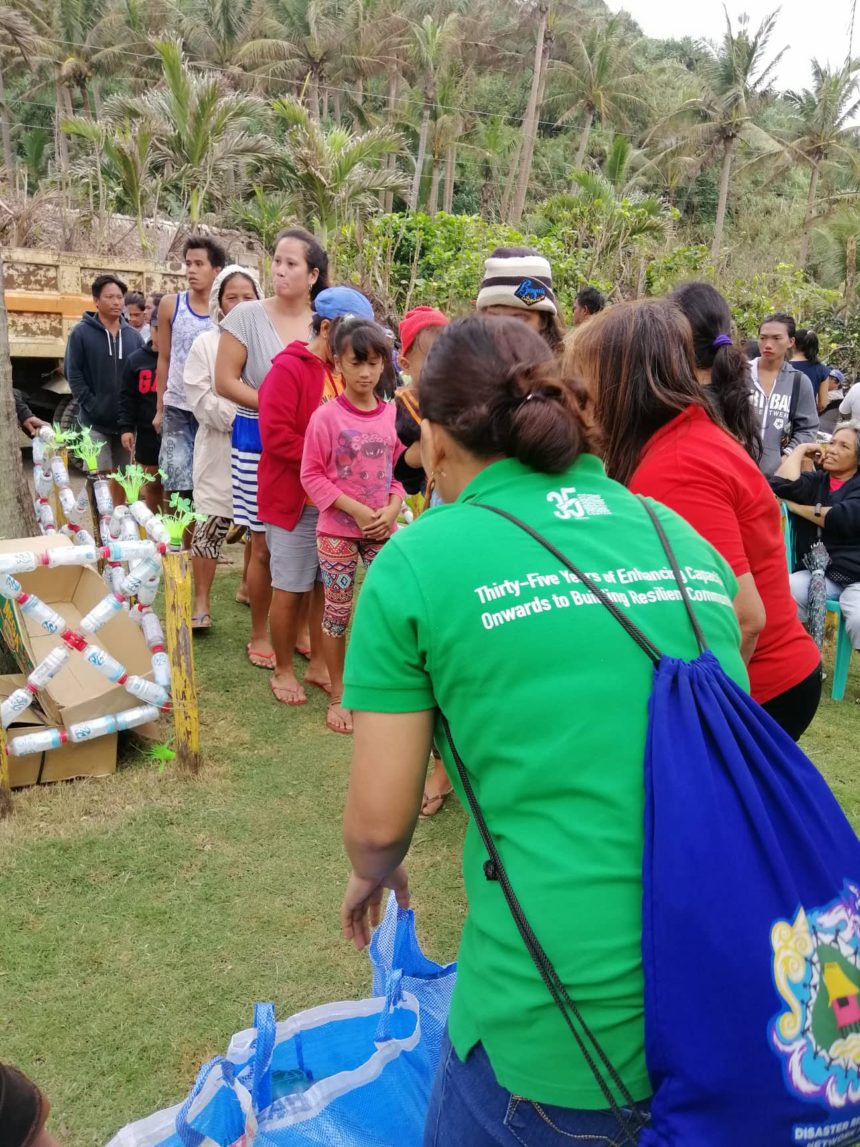The Citizens’ Disaster Response Center Foundation, Inc. is united with the strong public call
against the proposed enactment of the Anti-Terror Bill 2020 or Senate Bill 1083. We express
grave concern on how the bill is not grounded on the realities of the underserved and unserved
population who have been incessantly calling for immediate health and economic assistance
since the start of the pandemic. The swift passage of the bill is untimely during a health
emergency, and is uncalled for when it brings forth issues on basic civil liberties. Our duty
bearers are accountable to policies that should put a premium on basic social welfare, aid, and
development. It is just fitting that the public, development workers, and civil society
organizations weigh in the government’s priorities and ensure that policies are attuned to the
needs of the most marginalized. If proposed policies, such as SB1083, are entangled with issues
of unconstitutionality, opposed by the public, and posed restrictions on the civic space for
participation, then it should not be rushed by legislators. We urge the national government to
veto the Anti-Terror Bill 2020 as it calibrates the soundness of policies that will affect the lives
of the Filipinos. As we condemn terroristic acts, we believe that there are sufficient laws to
protect human lives and that the government should focus instead on its implementation to
ensure people’s welfare. The imposition of the Anti-Terror Bill would cause divide and public
confusion during the most trying times when people are heavily disadvantaged by job losses,
health insecurity, insufficient aid, price hike, and the typhoon season.
As the country gradually pivots toward the new normal, public’s participation and recognition
of the civic space remain to be the nuts and bolts of effective public governance. Policies and
direction-setting in times of crisis should be hinged on the right to development of the
marginalized sector. The UN Declaration on the Right to Development underscores that every
human person and all peoples are entitled to participate in, contribute to, and enjoy economic,
social, cultural and political development, in which all human rights and fundamental freedoms
can be fully realized. Exercise of the basic civil rights, such as free speech, protection of the
innocent, and due process of the law, is the foundation of the right to development of
marginalized communities.
The enactment of the bill may reverse decades of development work that promotes inclusivity,
community-building, and meaningful contributions from civil society groups. Civil society
organizations have been working with local government units, line agencies, humanitarian and
development partners, and communities for DRRM, sustainable livelihood programs, and
consequently voicing out development concerns of the marginalized, disenfranchised,
minorities, and those with the least opportunities to overcome poverty. Part of sustainable and
development-oriented programming is to ensure that the needs of poverty-stricken
communities are made known to government institutions, and that policies are grounded and
resources are optimized to respond to such needs. Unless development concerns are duly
acknowledged with sustainable solutions, the civil society organizations, development workers,
humanitarian agencies will continue to represent the sentiments of the least-served and most vulnerable communities.
Limitations, whether through forms of bureaucratic burdens or undue
persecution, imposed on humanitarian and development agencies, and civil society groups are
indicative of disregard for legitimate concerns of marginalized communities and an indirect
denial of immediate assistance for those in need.
With the country’s high vulnerability to natural, human-induced or complex disasters, the
government needs all the help it can get and should, therefore, foster an enabling environment
for the civil society groups to reach out to least-served populace while adhering to the
principled community-based approaches in humanitarian and development response.
The integrity of SB1083 is reportedly put into question by lawyers’ associations, faith-based
organizations, academe, private sectors, and civil society organizations due to its arbitrary
provisions that fall short on the guarantees of safeguards for basic civil rights and its
incoherence with the Philippine constitution. Some of the critical feedback on the bill were on
the provision on the persecution based on suspicion which might put the innocent at high risk
to abusive authorities and on expanding judicial function to the executive branch through a
council. This is alarming since the United Nations Office of the High Commissioner on Human
Rights cited a report which found that the Philippine government’s “heavy-handed” measures
and emphasis on addressing national security threats and illegal drugs has led to serious human
rights violations, highlighting that rights groups, journalists, humanitarian and development
workers, and legitimate organizations are continuously being vilified and indiscriminately “redtagged”.
This speaks volume on the risks of imposing the Bill which would put individuals, organizations, and civil society groups who air legitimate demands of disadvantaged communities at risk to harm.
Limiting democratic spaces for civil society organizations whose autonomy is enshrined in the
constitution would undermine future development policies, programs, and gains that are
grounded on the basic needs of the most vulnerable in healthcare and social and economic
services. Through decades of humanitarian and development work, CDRC can attest to how
much progress can be gained through healthy discourse and principled engagements between
and among communities, civil society organizations, and local government units. At the same
time, CDRC has observed how regressive can outcomes turn from disabling autonomy and
contribution of civil society groups and individuals, discouraging humanitarian initiatives of the
citizenry, discounting recurring grievances of the marginalized groups, restricting democratic
spaces, unjust application of policies, abuse of authority, and misplaced development priorities.
###
#JunkTerrorBillNow

